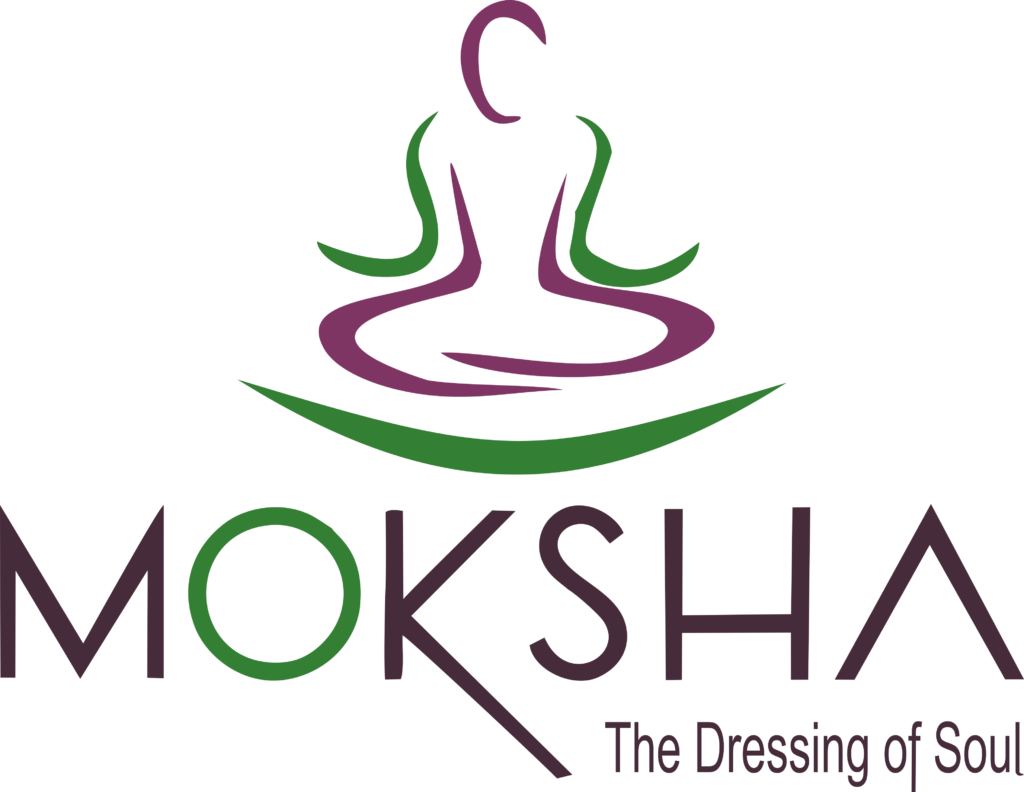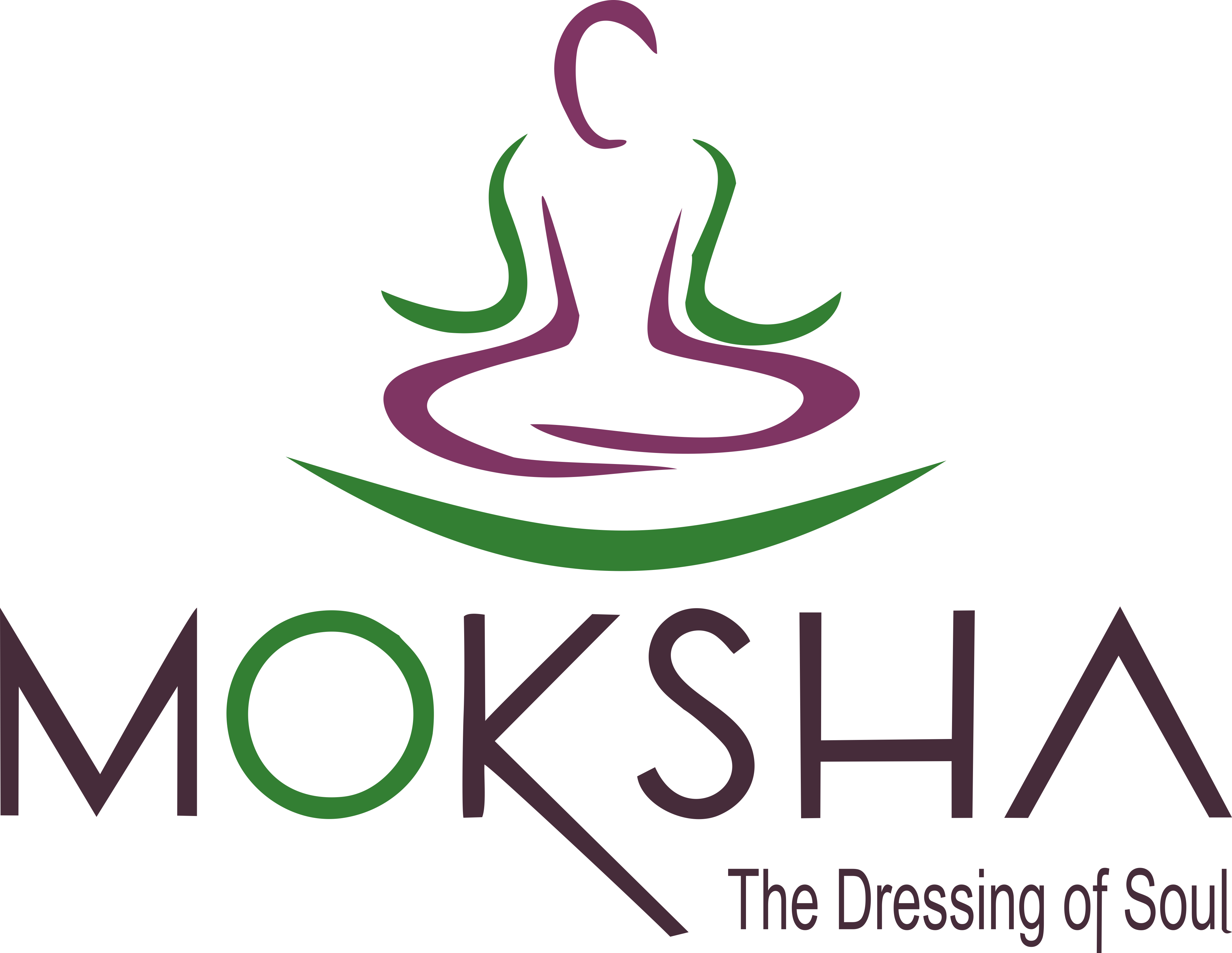
Moksha Foundation
Drug Rehab Center
MOKSHA FOUNDATION
Village Gharog,
P.O. Nehra, Tehsil & District
Shimla – 171011
Himachal Pradesh
India
Residential Rehabilitation
We expect all our employees to deliver the highest standards of treatment, care, intervention and education….
Quality & assurance
ROAR aspires to deliver the highest quality of care across our range of services for substance use disorder treatment in a secure facility….
Compliance
All providers of health and specialist services, education and social care have a strong responsibility to strive for excellence in the….
ACCOMODATION
To simply call ROAR a rehabilitation centre really doesn’t do it justice. It presents itself like a retreat located in midst of greenery….
CALL NOW: 80910 24373, 98058 24373

Heroin Addiction
Heroin addiction is a severe and chronic substance use disorder that results from the prolonged and repeated use of heroin, a highly addictive opioid drug. It is characterized by compulsive drug-seeking behavior and drug use despite negative consequences on an individual’s physical and mental health. Heroin addiction can lead to tolerance, dependence, and withdrawal symptoms, making it challenging to quit without professional help. Treatment for heroin addiction involves medication-assisted treatment (MAT), behavioral therapies, and support groups to manage cravings, overcome withdrawal symptoms, and address underlying psychological and social factors that contribute to addiction.

Marijuana Addiction
Marijuana addiction is a substance use disorder characterized by the compulsive use of marijuana, a psychoactive drug. It can lead to negative consequences on an individual’s physical and mental health, social and economic status, and overall quality of life. Long-term marijuana use can result in dependence, tolerance, and withdrawal symptoms, making it challenging to quit without professional help. Treatment for marijuana addiction often involves behavioral therapies and support groups to help individuals manage cravings, address underlying psychological factors that contribute to addiction, and develop healthy coping strategies for the challenges of daily life.

Dual Diagnosis
Dual Diagnosis refers to the co-occurrence of a mental health disorder and a substance use disorder in an individual. It is a complex condition that requires integrated treatment for both disorders simultaneously. Dual diagnosis is common, with up to half of individuals with a substance use disorder also experiencing a mental health disorder. It can be challenging to diagnose and treat because the symptoms of each disorder can overlap and interact with each other. Effective treatment typically involves a combination of therapy, medication, and support services tailored to the individual’s specific needs.

Drug Addiction
Drug addiction is a chronic disease characterized by compulsive drug seeking and use despite harmful consequences. It can lead to changes in the brain that make quitting difficult, and can result in intense cravings and withdrawal symptoms. Drug addiction can occur with any drug, including prescription medications, and can have devastating consequences for an individual’s physical and mental health, relationships, and overall well-being. Treatment options for drug addiction include medication, behavioral therapy, and support groups. Recovery is a lifelong process, and a combination of approaches may be necessary for long-term success.

Alcohol Addiction
Alcohol addiction, also known as alcoholism, is a chronic disease characterized by a strong and uncontrollable desire to consume alcohol despite negative consequences. It can lead to physical dependence, withdrawal symptoms, and other health problems, including liver damage, cardiovascular disease, and cancer. Alcohol addiction can also have negative impacts on an individual’s relationships, work, and overall quality of life. Treatment options for alcohol addiction include medication, therapy, and support groups. Recovery is a lifelong process, and maintaining sobriety often requires ongoing support and treatment.

Morphine Addiction
Morphine addiction is a type of opioid addiction characterized by compulsive use of the drug despite negative consequences. Morphine is a powerful painkiller that can lead to physical dependence, withdrawal symptoms, and other health problems. It can also have negative impacts on an individual’s relationships, work, and overall quality of life. Treatment options for morphine addiction include medication-assisted treatment (MAT), behavioral therapy, and support groups. Recovery is a lifelong process, and maintaining sobriety often requires ongoing support and treatment. It is important to seek professional help if you or someone you know is struggling with morphine addiction.

